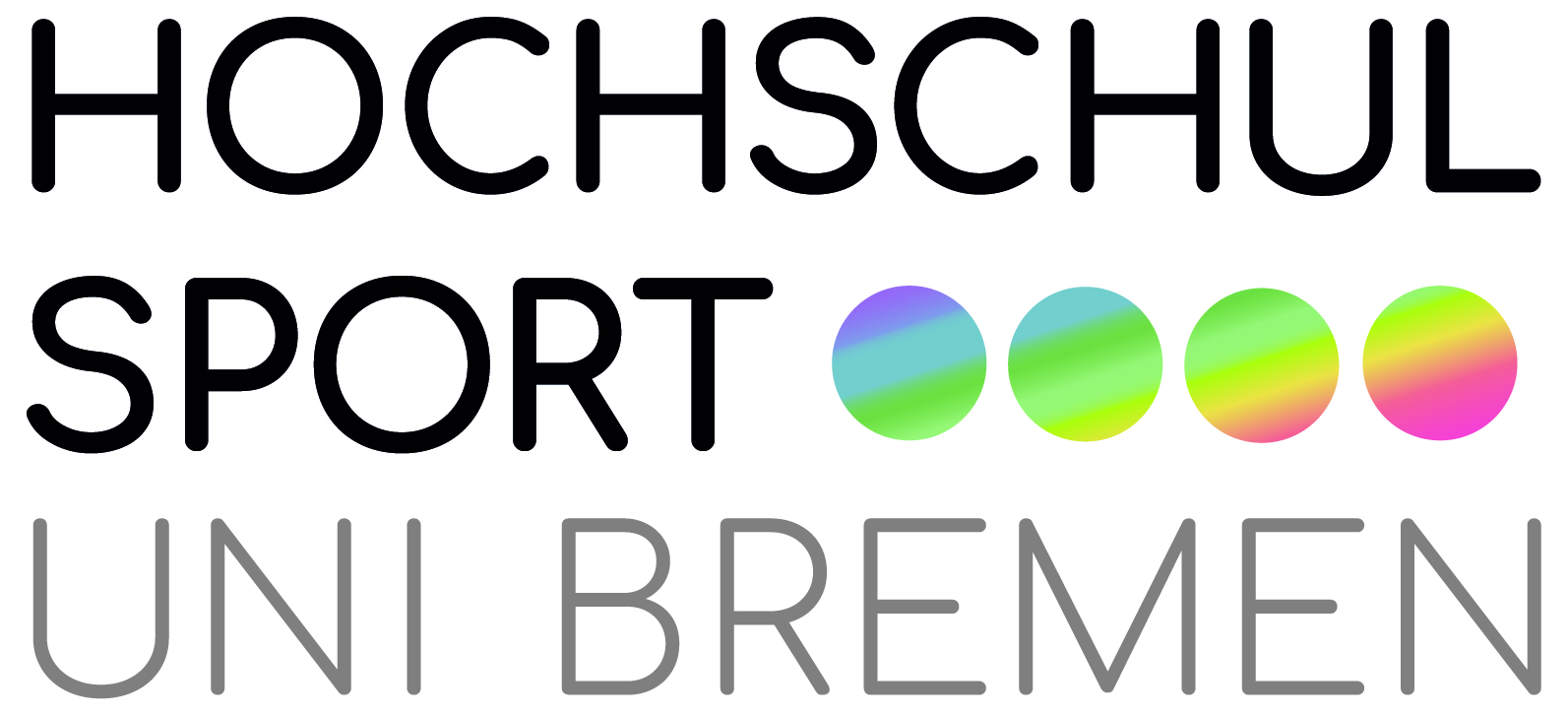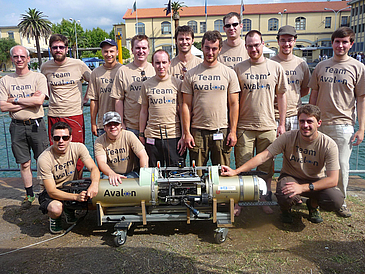Last week a team of students from the University of Bremen and the German Research Center for Artificial Intelligence (DFKI) secured a well-earned place on the victors’ podium in La Spezia, Italy. With their underwater vehicle named Avalon, they were competing against nine other teams from England, Spain, France and Scotland in the “Student Autonomous Underwater Challenge – Europe” (SAUC-E), where they took third place. The team was supported by researchers from the DFKI under the leadership of Professor Dr. Frank Kirchner.
The aim of SAUC-E is to motivate young researchers to come up with innovative solutions for autonomous underwater vehicles – AUVs. These vehicles will in future be used for the underwater inspection of ships, for instance, and other underwater maintenance tasks. Before this becomes reality, though, answers to a large number of technical and engineering problems have to be found.
The sixth SAUC-E took place between 4th and 10th of July in La Spezia, Italy. One of the hurdles that had to be overcome was to locate and follow a pipeline and a moving ship, as well as to detect a target in a water column. The AUVs had to act fully autonomously; the students were not allowed to communicate with their vehicles in any way during the missions. Bonus points could be scored if a vehicle managed to master several different tasks at the same time.
The Mediterranean port of La Spezia provided an ideal backdrop for realistic test conditions – it is a salt-water port and visibility is restricted. The vehicles also had to deal with waves and underwater currents. The great strength of the Bremen underwater robot lies in its system of image processing, which incorporates four cameras, and in its capacity for sophisticated adaptive mission planning.
Avalon was developed in the years between 2007 and 2009 by students of the University of Bremen (working group robotics, Faculty 3) and employees of the German Research Center for Artificial Intelligence, Robotics Innovation Center. Since then the system has been further refined. It also serves as a platform for degree theses and project-based teaching.
You can obtain more information on the Avalon AUV in the Internet under www.dfki.de/robotik/de/forschung/robotersysteme/avalon.html.


